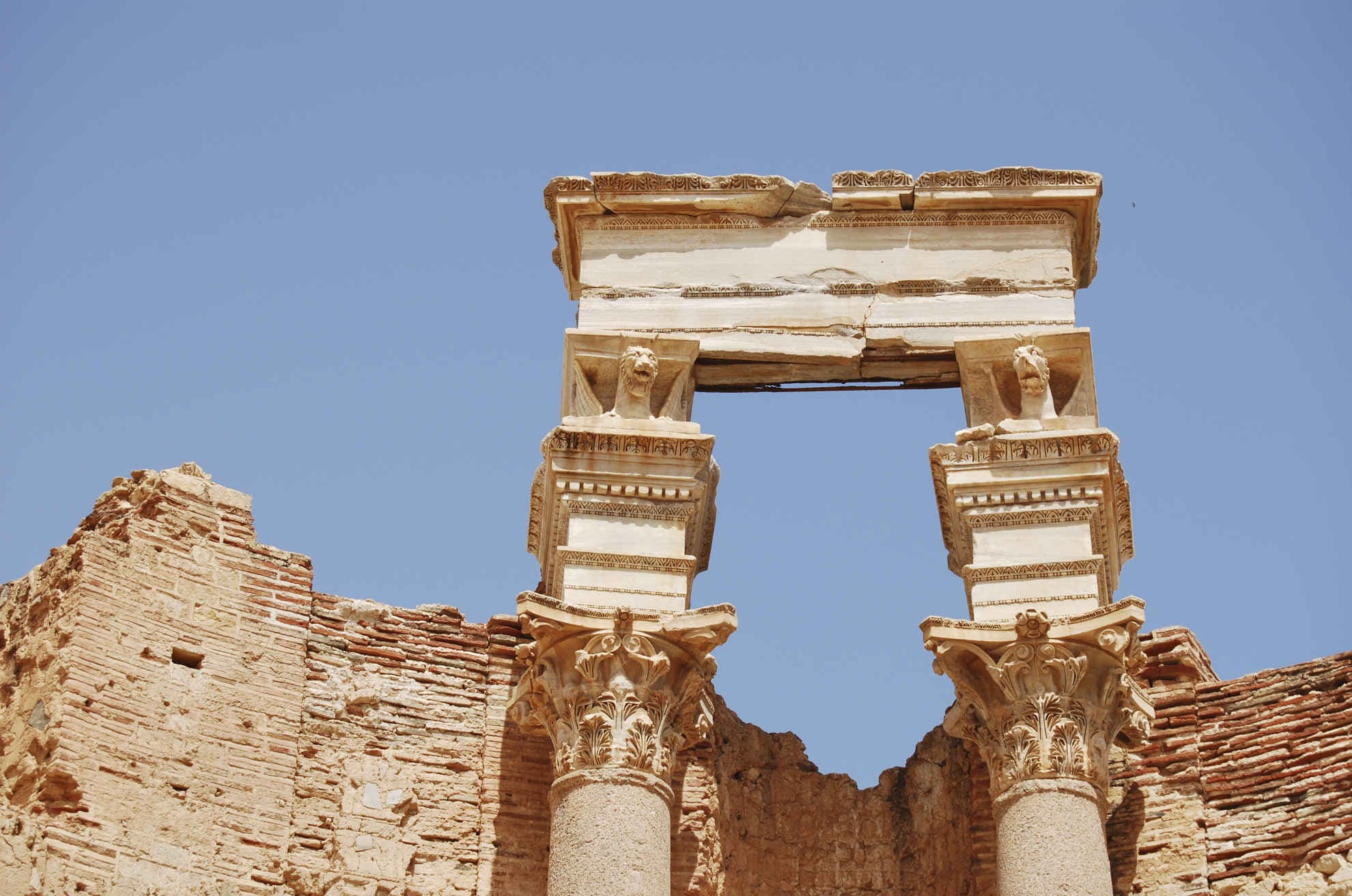In July 2024, our team members, Lorena Pérez Yarza and Andrés Rea, participated in the the 15th Celtic Conference in Classics in Cardiff.
Lorena led a panel entitled "Divine Renegotiation through the Lens of the Imperial Cult", which was co-organised with colleagues Sofia Bianchi Mancini (Max-Weber-Kolleg, University of Erfurt) and Silvia Fogliazza (CRA – CentroStudi Internazionale sulle Religioni del Mediterraneo Antico). Lorena presented a paper on the epigraphic representation of the emperor's divine dimension during the 3rd century in Germania, as the transition to late antiquity unfolded. She conducted a comparative study between the general tendencies and numismatic representation, and the regional late-antique features attested in the Roman provinces of Lower and Upper Germania, where she applied our palaeographic analysis to assist with the dating of inscriptions. The panel concluded with an engaging debate on the value of diverse sources, especially regional epigraphy, in providing insights into literary information and navigating the complex tapestry of cultures and traditions within the heterogenous Roman Empire.
Andrés was invited to present a paper in the panel "Theoretical Epigraphy: Ancient Inscriptions as Texts, Things and Persons" organized by Anna Sitz (Eberhard Karls Universität Tübingen) and James Whitley (Cardiff University). In line with the general theme of this panel, Andrés presented a paper titled "Topos Tracing: A Spatial and Materiality Approach towards Late Antique Topos Inscriptions in Sagalassos (SW Anatolia)", in which he combined spatial, materiality and entanglement approaches. A stimulating final discussion with all speakers in which future approaches towards theoretical epigraphy were discussed proved to be the perfect ending of the panel.
Cardiff 2024





